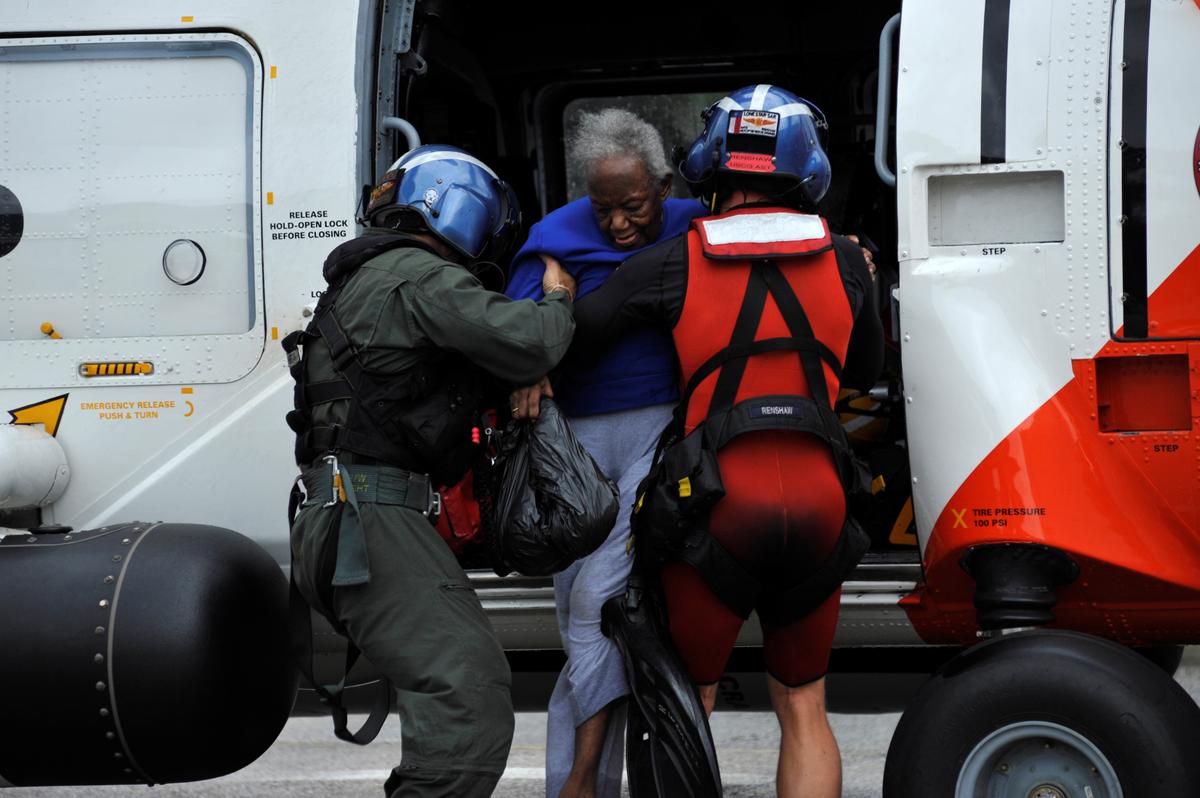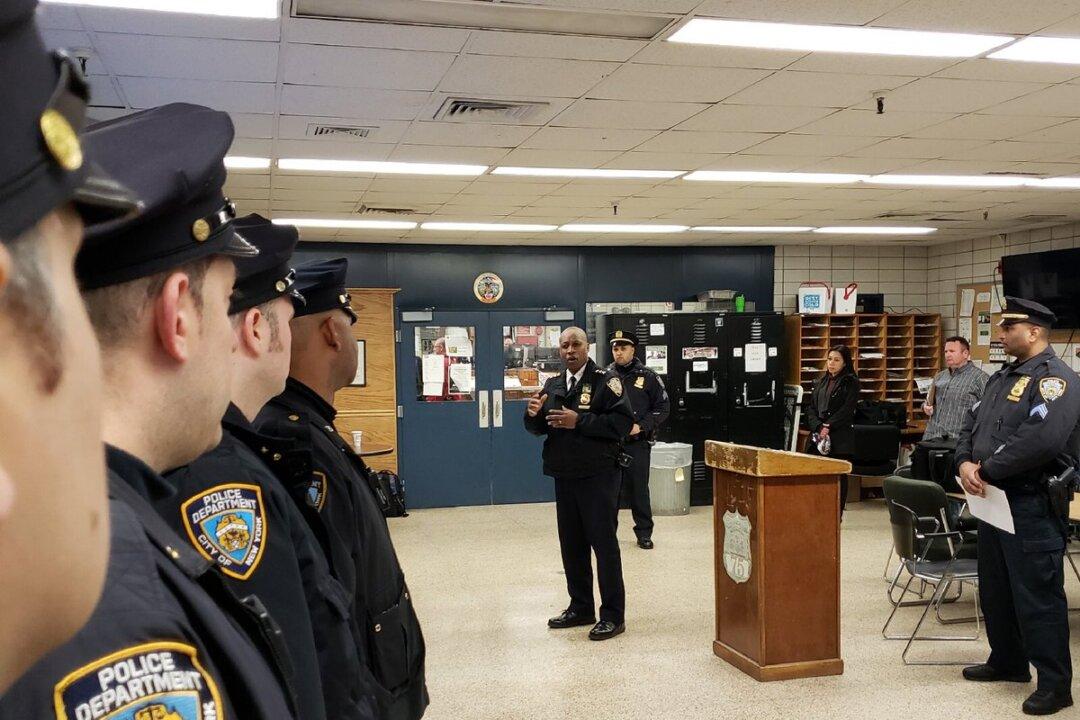Commendations are in order for all assisting with the unimaginable, relentless, and heart-wrenching devastation of Hurricane Harvey.
Their sacrifices are of extraordinary significance to America and to the alleviation of human suffering.
The heart of America is wounded by this catastrophic event. Compassion, moral courage, and collaboration are the principles that must unite us and bring healing to our nation.
America must especially pray for up to 30 individuals, who have been killed so far, due to storm-related causes.
Tragically, these fatalities include a family of six, four children and their great-grandparents, who perished while trying to escape flooding. The victims is this heartbreaking family tragedy are Manuel Saldivar, 84, and his wife Belia, 81; Daisy Saldivar, 6; Xavier Saldivar, 8; Dominic Saldivar, 14; and Devy Saldivar, 16.
Aside from these deaths, the suffering inflicted on individuals who have lost their homes, livelihoods, vehicles, and all their personal possessions is distressing.
Individuals entrusted to serve America as first responders and through emergency services truly have a profession of extraordinary significance. These individuals are critical to preventing, diminishing, and responding to human anguish and must be profoundly admired.






